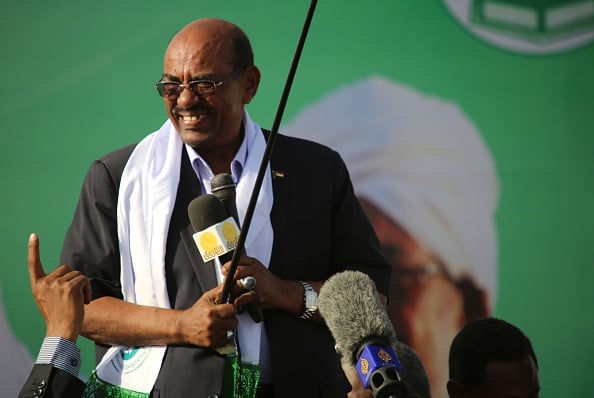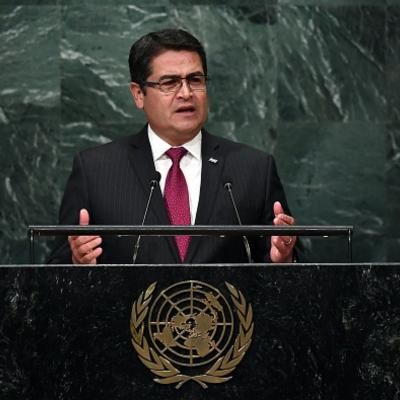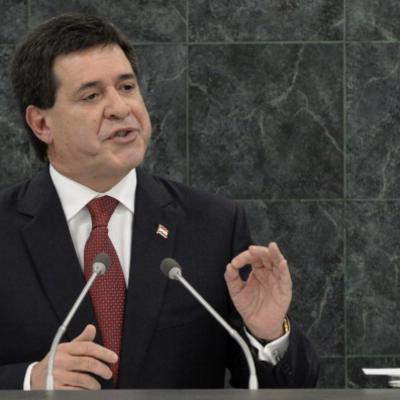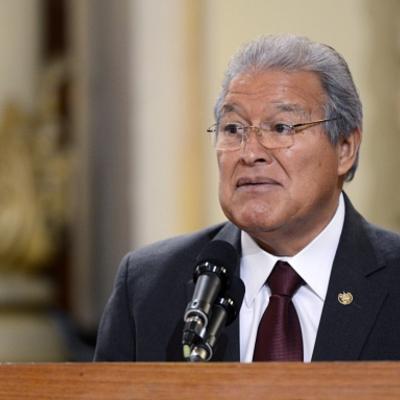What is Omar al-Bashir's Net Worth?
Omar al-Bashir is a Sudanese politician with a net worth of $1 billion. He served as President of Sudan from October 1993 until April 2019, when he was ousted in a coup. A brigadier in the Sudanese army, al-Bashir led a military coup in 1989 to depose Prime Minister Sadiq al-Mahdi. He was elected President three times, with elections noted for potential corruption. Al-Bashir made history as the first sitting president indicted by the International Criminal Court (ICC) in 2009 for leading a campaign involving mass killings, rapes, and looting against Darfur citizens.
WikiLeaks suggested that al-Bashir embezzled state funds amounting to $9 billion, though these allegations were denied.
Early Life
Omar al-Bashir was born on January 1, 1944, in Hosh Bannaga, a small village outside Shendi. His family, of African-Arab descent, included his mother Hedieh Mohamed al-Zain, and father Hassan ibn Ahmed, a dairy farmer. His uncle, Al Taib Mustafa, was a journalist and politician opposed to South Sudan's independence.
His family moved to Khartoum North during his secondary school years, where he supported Al-Hilal football club. In 1975, he was dispatched to the United Arab Emirates as a Sudanese military attaché and later became a garrison commander upon his return.
Rise to Power
In 1989, al-Bashir led a military coup to overthrow the unstable government of Prime Minister Sadiq al-Mahdi. Following the coup, he applied Islamic military code nationwide, suspended political parties, and assumed multiple key roles – chief of state, prime minister, chief of the armed forces, and Minister of Defense. By 1993, he appointed himself President and eliminated all rival factions.
Time in Office
Al-Bashir was elected President in 1996, as the sole candidate. Hassan al-Turabi became Speaker of the National Assembly until a 1999 coup led by al-Bashir ousted him. Al-Bashir was reelected by popular vote in 2000 and again in 2005. The 2005 peace accord, which ended decades of conflict between the north and south, established a transitional government and the new SPLM political party alongside al-Bashir's National Congress Party.
Reelected in 2010 in the first multi-party election in years, the election was marred by corruption allegations. Despite criticism, the results stood, and al-Bashir continued in power. Sudan's economy grew through oil extraction but was plagued by chronic inflation, leading to cost-of-living protests and anti-government demonstrations.

(ASHRAF SHAZLY/AFP/Getty Images)
Internationally, al-Bashir's legacy is marked by his role in the Darfur conflict. He faced accusations of ethnic cleansing against Darfur's non-Arab population. Disputed death tolls range from a government-estimated 10,000 to a United Nations-stated 300,000 by 2010. The U.S. government labeled the Darfur situation a genocide by the Sudanese government.
The 21-year prolonged civil war in Sudan also saw significant suffering under al-Bashir's leadership. Allegations of embezzling national wealth and transferring funds to international banks further tainted his rule.
In April 2019, the Sudanese Armed Forces removed al-Bashir from power. He was placed under house arrest, and his ministers were detained. This dissolved the National Legislature and led to the formation of a Transitional Military Council. Al-Bashir was transferred to Kobar Prison and convicted of money laundering and corruption.
Indictment by the International Criminal Court
Following al-Bashir's corruption trial, Sudan's acting military government agreed to hand him over to the ICC. Previously, the ICC accused al-Bashir of genocide, crimes against humanity, and war crimes in Darfur. In 2009, the ICC issued an arrest warrant for him, marking the first indictment of a sitting head of state. Although many nations refused to enforce the warrant, al-Bashir's arrest in 2019 renewed focus on these charges.
WikiLeaks Wealth
A 2009 WikiLeaks cable alleged that Omar al-Bashir had hidden $9 billion in foreign accounts. U.S. officials were informed that oil funds siphoned from Sudan were stored in London banks.








